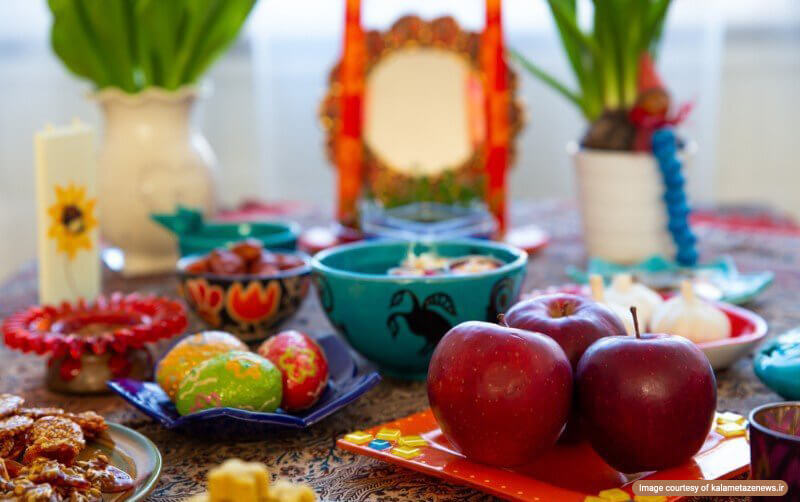
Since ancient times, Iranians have observed various customs and traditions before Nowruz (Iranian New Year) and after that. These are a series of activities that take different forms in various parts of Iran. Below is a list of some activities people have been involved to get prepared for this annual festivity.
Main Customs and Traditions before Nowruz
There are several activities going on among Iranians before the new year starts. You can read some of the main ones here.
Nowruz Messengers
They are some groups of entertainers who bring the message of the New Year at public places by singing, dancing, acting, etc to make people happy. Such tradition has had various names and forms at different parts of Iran. What has been common among all of them is the intention to bring happy time to the people regardless of the clothes they wear, songs they sing and appearances they make.
At such days before Nowruz and sometimes several days after the equinox, people give presents to one another and to those messengers who entertain the whole community.
To Get Prepared for Nowruz
In ancient times, Iranians who have been mostly farmers, planted seven types of seeds of wheat, barley, beans, corn, chickpeas, rice, etc on top of column-like cylinders so that the green plants could grow at the outset of the New Year. This could bring the good news of the blessed New Year ahead. The plant growing better could be a sign of better crop from that seed in the year to come.
Today people plant seeds likewise about 2 or 3 weeks before Nowruz at small plates or vessels. At the end of Nowruz holidays, they take them out of their homes and leave them in nature and sometimes throw them into the running water. Here are some of the customs and traditions before Nowruz:
Home Clean-up before Nowruz
This happens at all levels at homes. People take dust away from walls, floors, household stuff, etc. They also wash vessels, clothes, curtains, carpets, etc and bleach copper vessels and soothe-stricken walls. Old broken things are thrown out or given away. Instead, new stuff replaces them so that everything is renewed. This is done every year before Nowruz.
All such cleaning customs at home symbolize the removal of evil from home and living environment and prepare a clean home to welcome the spirits of their beloved ones who had lost their lives.
Chaharshanbeh Soori
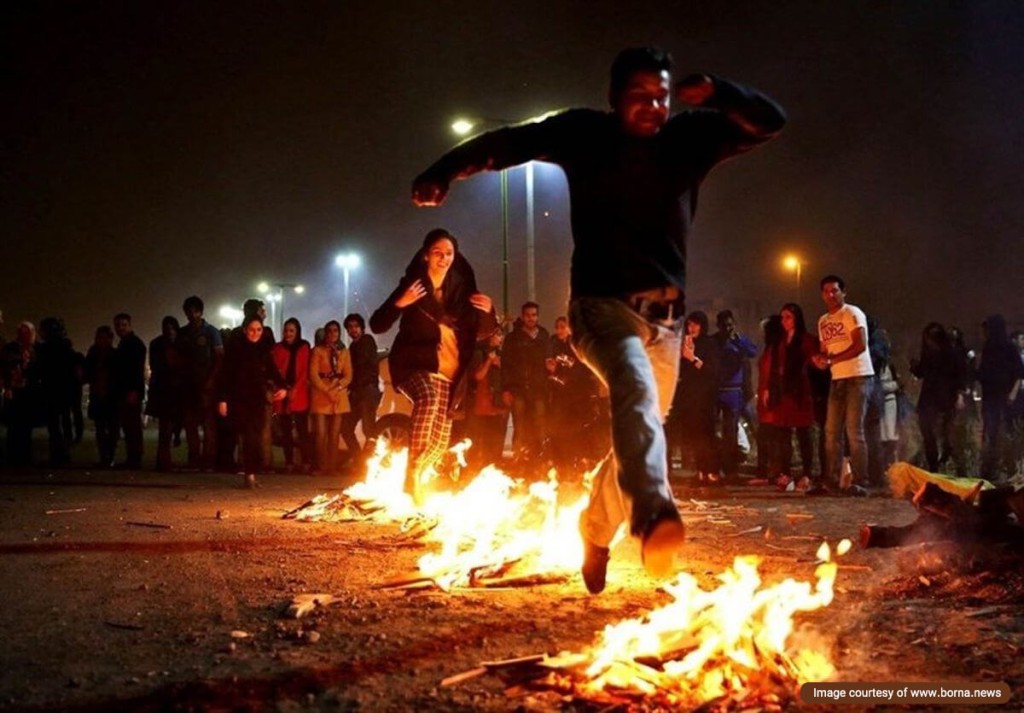
The last Wednesday of the year is celebrated by fireworks one night before it comes. Soor means celebration. Among some Iranians like Kurds, it means red. Ancient Iranians celebrated the end of the year by setting up the red flames of fire at the roofs of their houses showing the way to the spirits of their lost ones so that they could reunite with them.
Another tradition kept by the people is to put 3, 5 or 7 heaps of dry bushes and thorns in a row, set them on fire and jump over them one after another. In various parts of Iran, they sing different songs while jumping. The content of all such short songs are focused on giving away their pain, sorrow, and illness to gain health, happiness and fresh lives. Then, ashes are thrown into running water.
Water Sprinkling Games
Another tradition before Nowruz is water sprinkling games. Women used to go to water springs to bring water home to sprinkle it over everything. They believed this would bring freshness and health to their lives. Some Kurds fetch water from a spring before sunrise in jars and jumped over them three times. They made up their eyes with charcoal, drank from these jars and offer them to their neighbors and friends. Some women trim their fingernails or cut a little of their hair and left them to rivers so that water took their misery and pain away.
Eavesdropping
An interesting custom among Iranians before Nowruz is eavesdropping. Girls and women who would like to get married, go on pilgrimage, journeys, etc, used to go out and stand at crossroads and corners for overhearing what others say. If they heard pleasant happy words, it would indicate a happy blessed year was ahead of them. If bitter and sorrowful words were heard, they wouldn’t reach their goals and their wishes wouldn’t come true.
Making Noise with Spoon
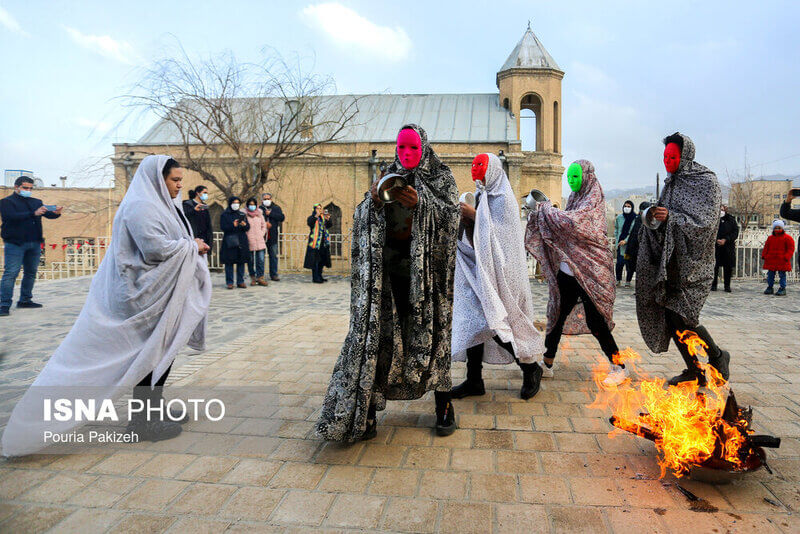
Decent girls and women, who had wishes like getting married, walked out at night with copper bowls and hit them with spoons at the threshold of seven doors without saying anything. The house dwellers knew they had certain wishes and replied with putting certain things like nuts, cookies, rice, legumes, etc at their bowls.
Refusing to give away anything would mean to those women that their needs wouldn’t be met. Receiving something, on the other hand, had the opposite meaning of the former.
Unlocking the Lock
According to various local customs and traditions before Nowruz, single girls who wanted better luck in getting married, went through different rituals. Sometimes, a mother chased her daughter with a piece of burning wood. It was symbolic of giving her away to her husband.
Sometimes, girls took bath in a particular spring to get married or married women did the same thing to push out the bad luck from their home and win their husbands’ love.
Several similar works were carried out at the night before the last Wednesday of the year to unlock the locked happiness of their lives.
Jar Breaking
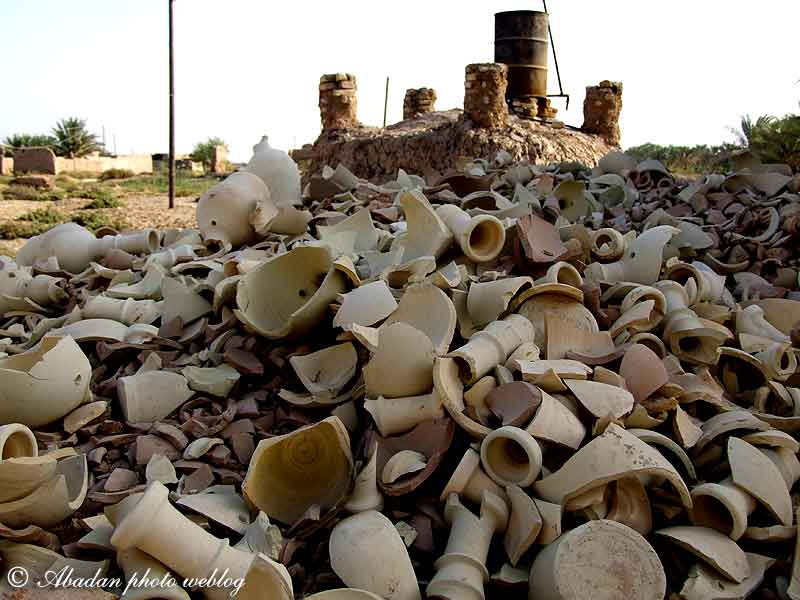
The women, who wanted to keep away evil from their household, went to the roof or some designated tower in their communities to throw down a new (not used) jars to break them. They believed this could keep their families safe.
Taking Amen by Jars
Women used to come together with a narrow-spout jar and everyone threw some object into it. Another woman wrote some love poems on small pieces of paper and threw them into the same jar. Then, a very young girls (who wasn’t grown up yet), was asked to take out an object and a piece of paper. The poem would say something about the life of the owner of the object.
Breaking Spells
Some made a particular liquid mixture with vinegar and sprinkled it at four corners of their houses, the rooms and the entrance to break the spells and let the blessing flow in their lives.
Chaharshanbeh Soori Soup
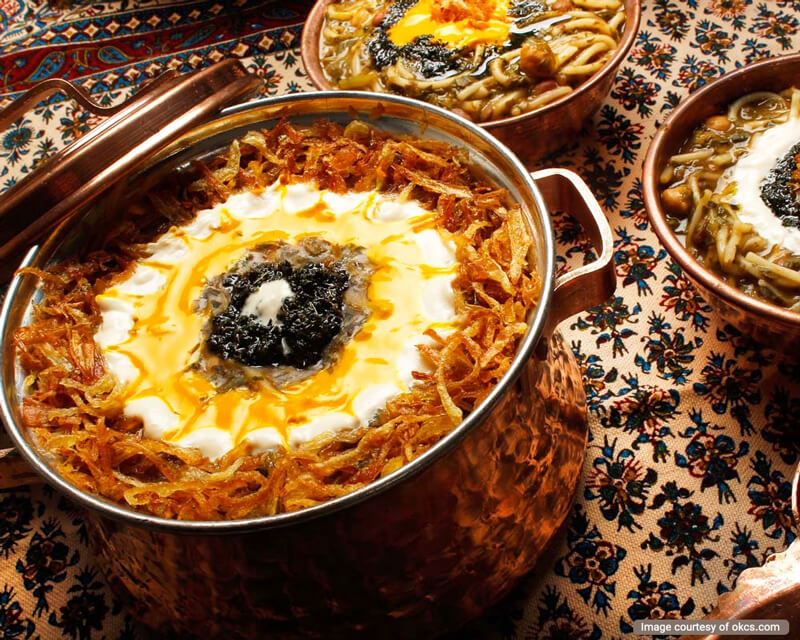
If someone was ill, his/her family made a votive soup at the night before the last Wednesday of the year. Some of it was given to the ill person and the rest was distributed among the poor. This was to bring back health to the ill person by some charitable act.
Distributing Chaharshanbeh Soori Nuts
Some nuts were bought by the women who had particular wishes. They bought a combination of seven different nuts, cleaned and unshelled them to eat the kernels with family, relatives and friends. While having the nuts, they narrated a particular story. Today this tradition is just to have something to eat and enjoy.
Remembering the Deceased
This pre-Nowruz tradition, like in many other nations, has got roots in the antiquity. Even in different religions, people tend to remember the beloved ones they have lost in specific days.
In some areas of Iran, people still keep this tradition in various ways. Some light up lanterns or put some fire on the roofs and turn on lights sooner at the last day of the year and keep them going until the dawn of the first day of the New Year.
In some other areas, firework on hilltops and outdoor is the tradition to remember the deceased. Other forms of such remembering are like burning candles at different corners of home. In particular cities, illumination of shops and fireworks symbolized such occasion. Today firework at the night before the last Wednesday of the year, Chaharshanbeh Soori, is another form of this tradition.
Conclusion
In general, people have been keeping several customs and traditions before Nowruz indicating the end of the old and the beginning of the new. They need to remember the dead ones and keep living in happiness and health.
Once a year, people get prepared for another year at Nowruz, 21st of March, by keeping such customs and traditions. This creates a state of bliss and joyfulness in everyone.



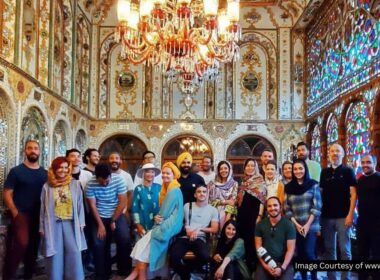
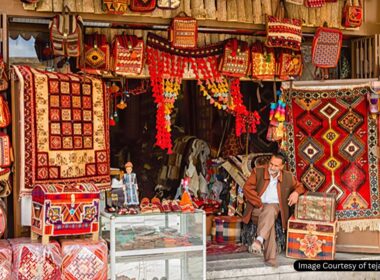
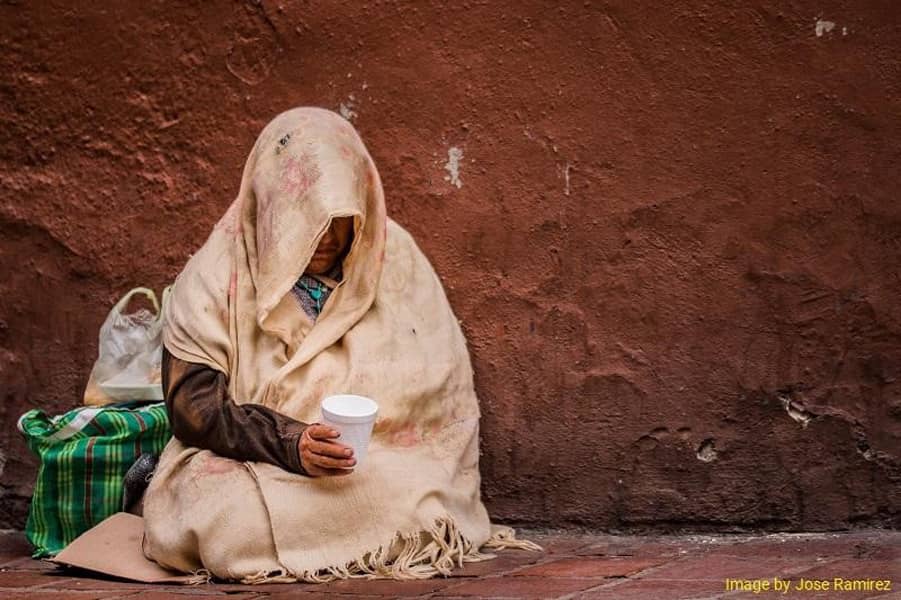
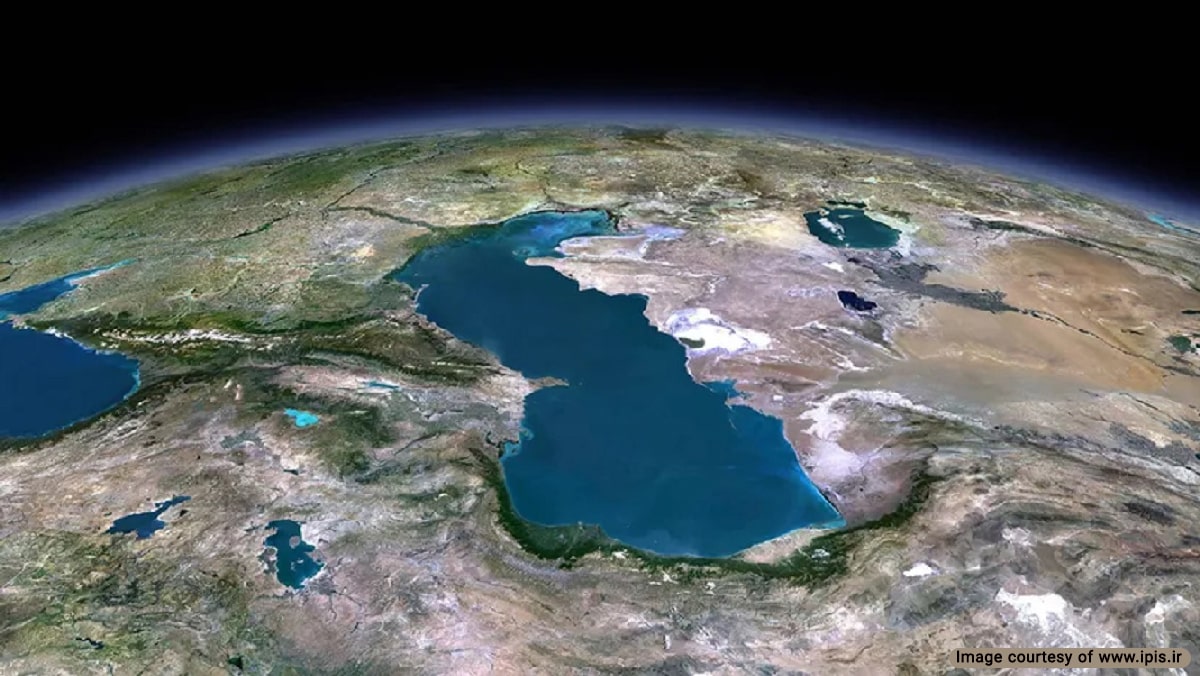
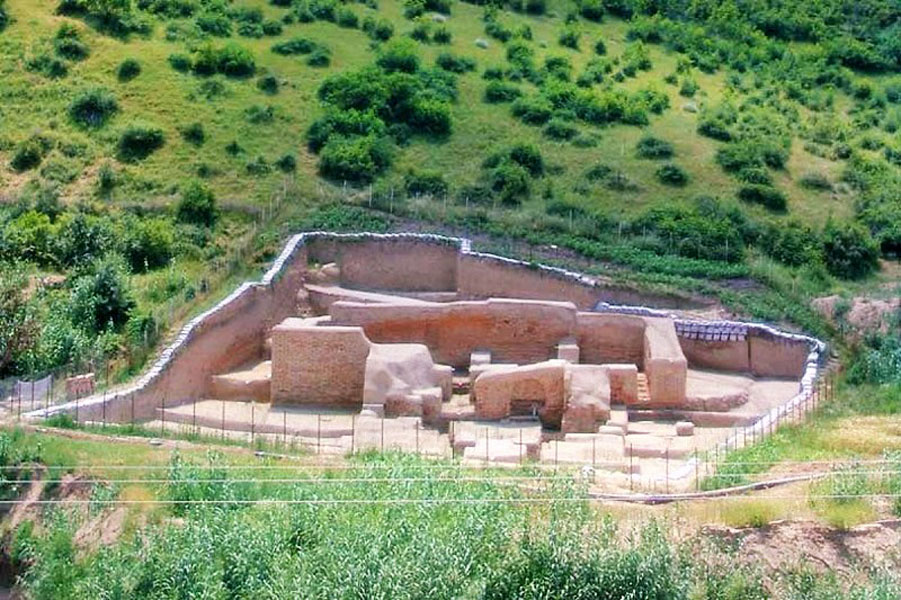
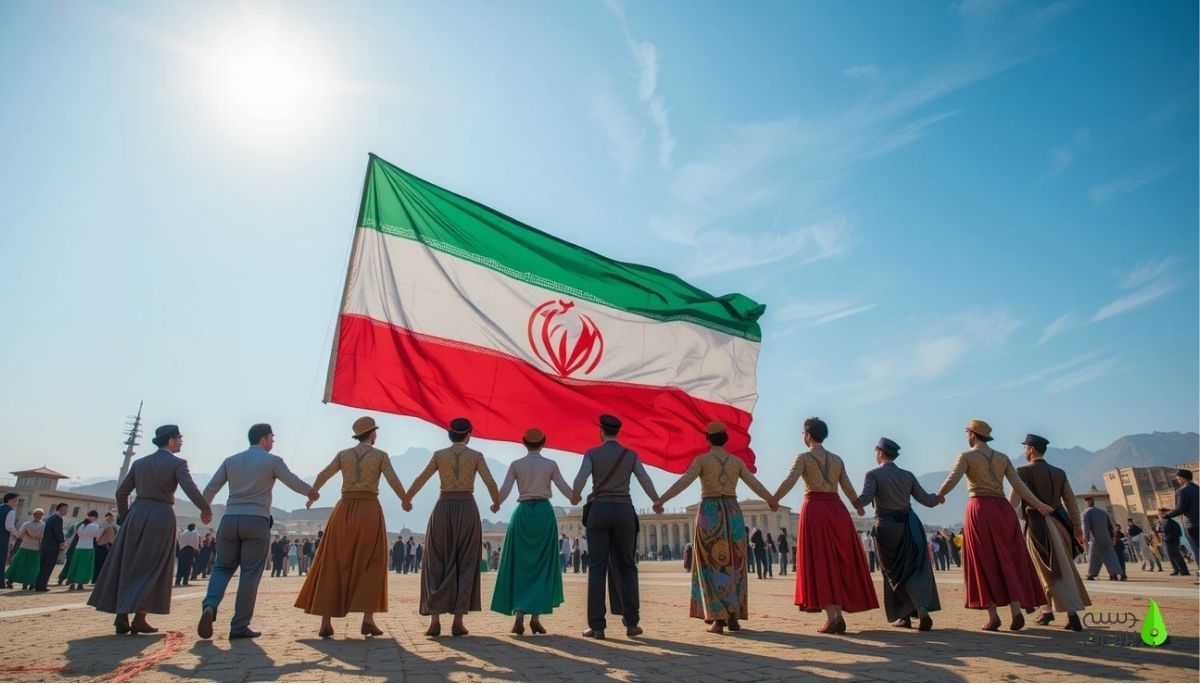
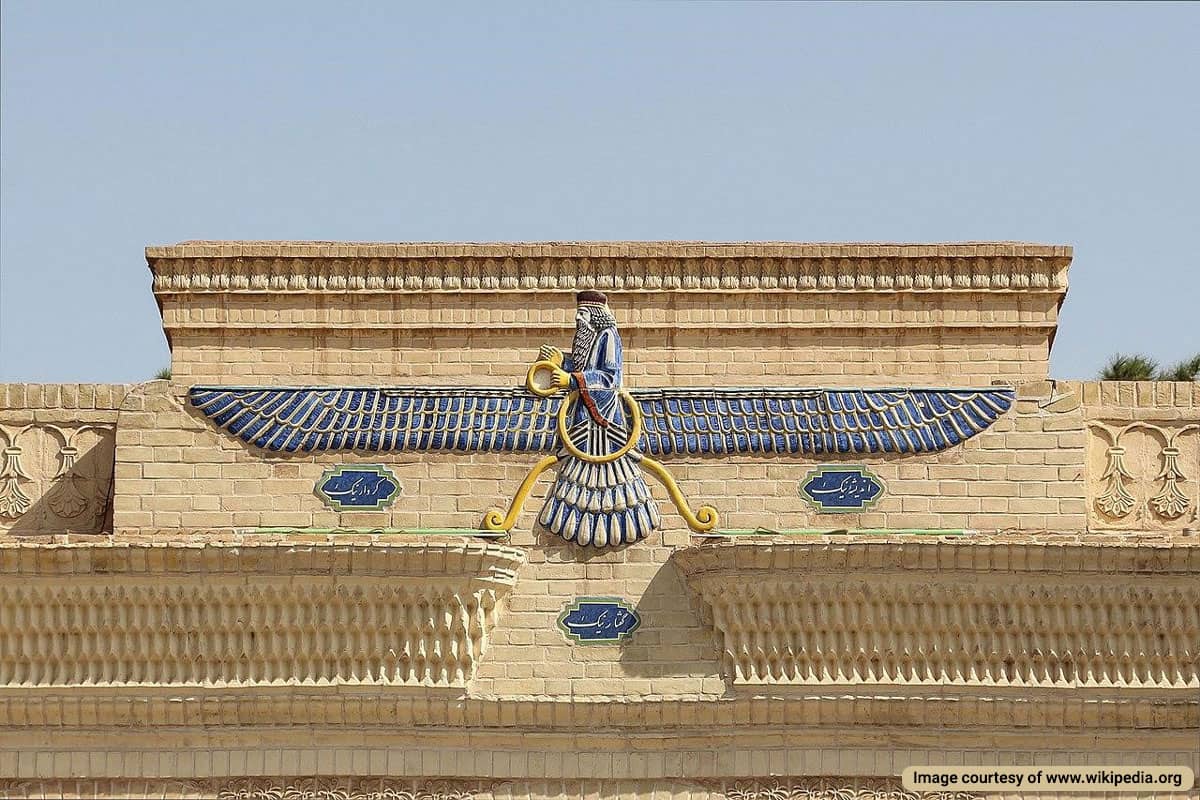
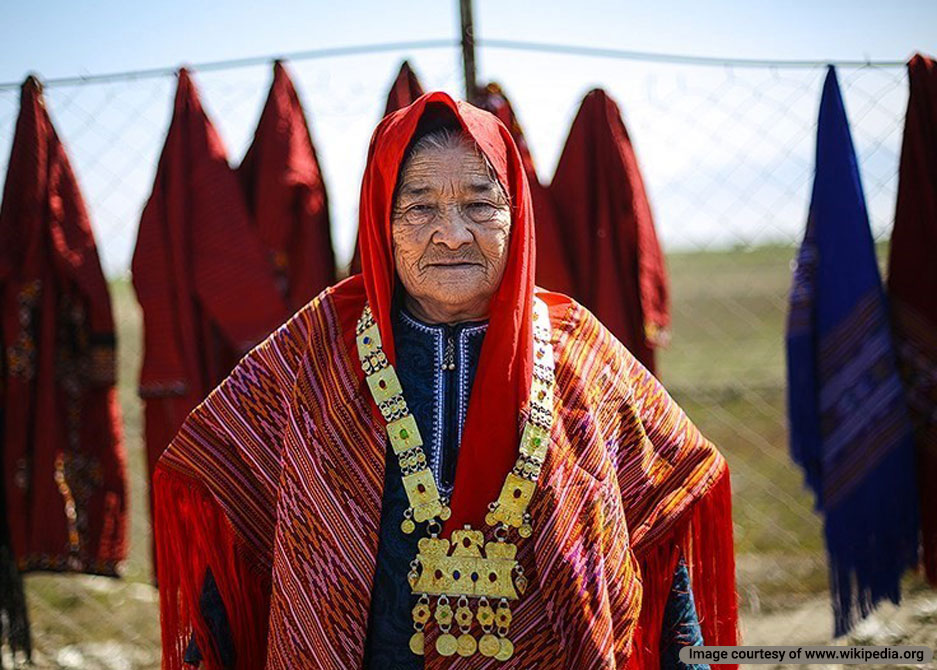
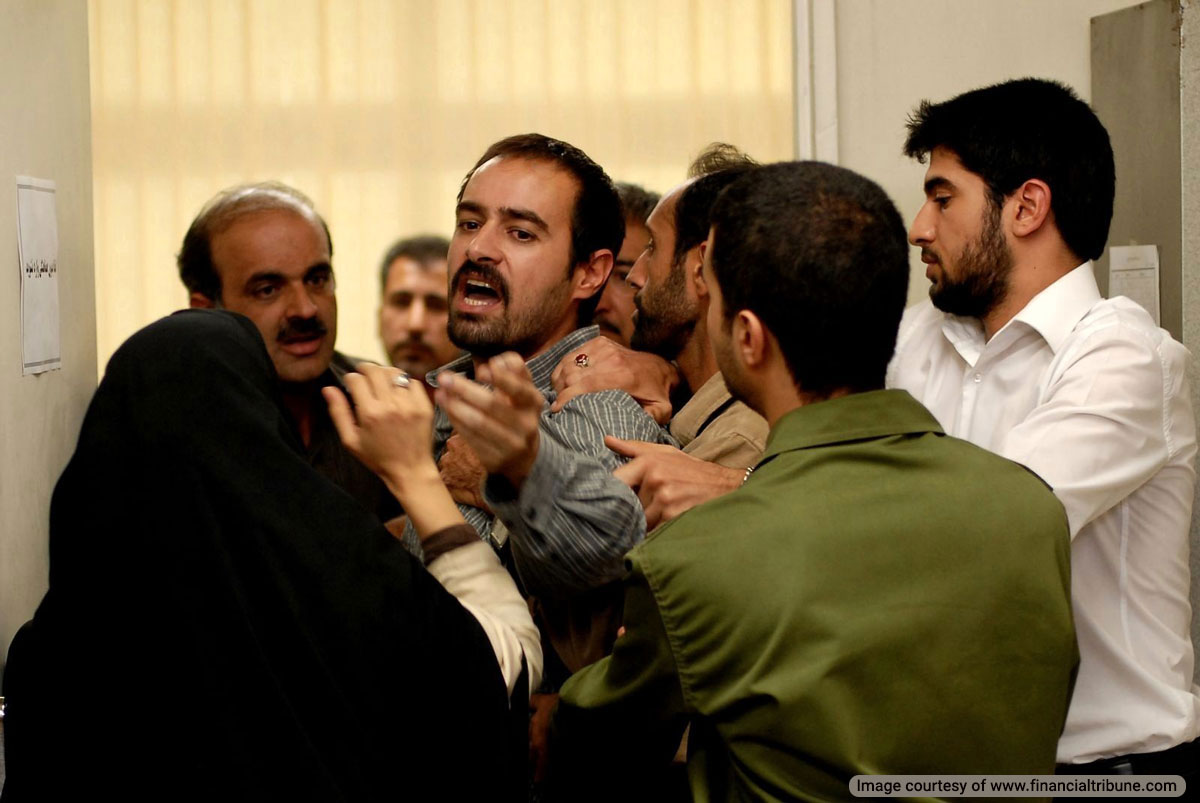
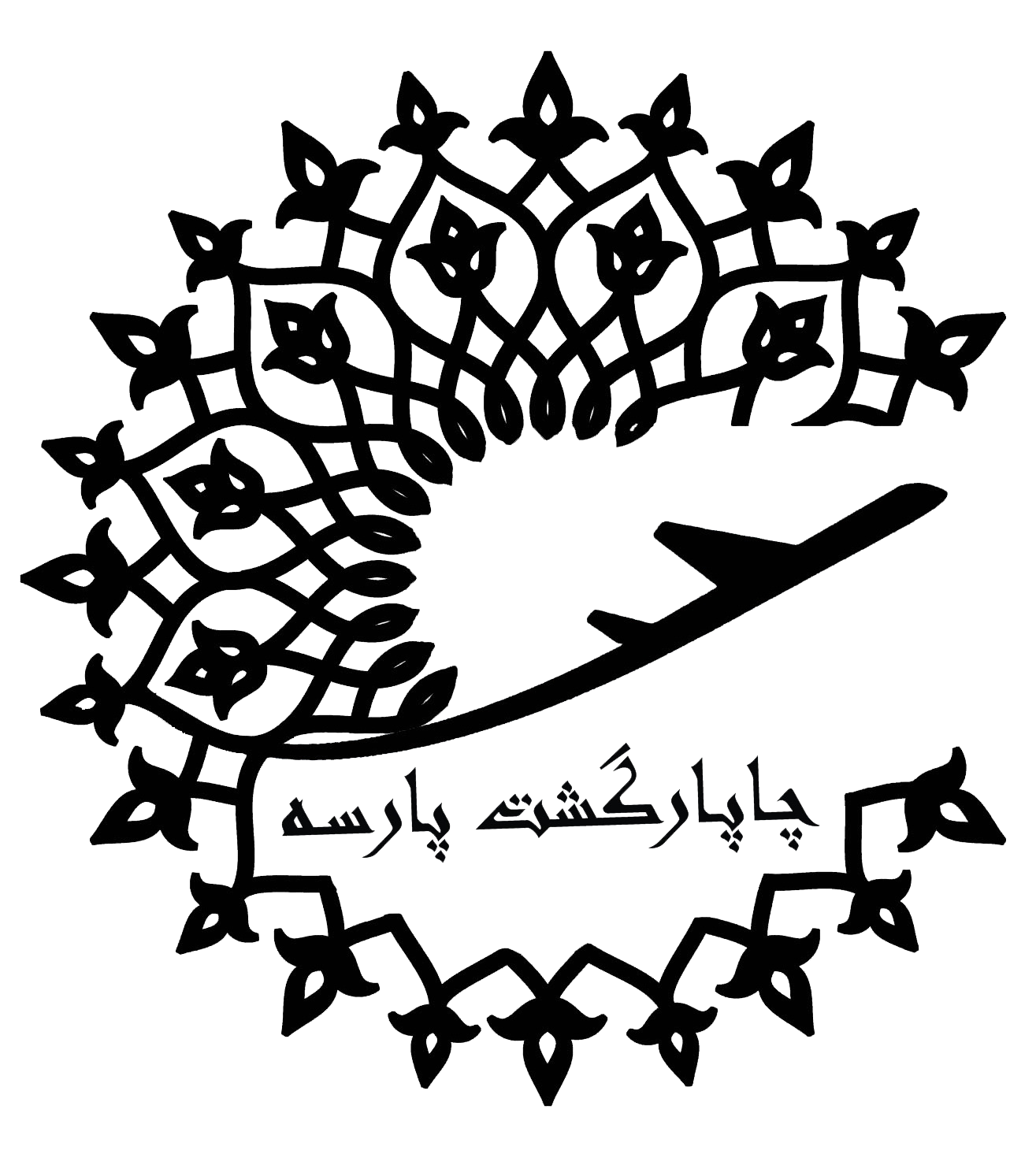

Rahman — so interesting that every country has its traditions, many of them rooted in religion. However, I doubt I would try jumping over fires! I’m sure some people have lived to regret it.
You’re right. Many ancient traditions are rooted in human belief system in one way or another. About fire, it’s up to you, but it’s lots of fun!
I think it would be fantastic to experience Nowruz in Iran. Great post.
Thank you Corinne. I appreciate your comment. I hope to see you here in Nowruz some time.